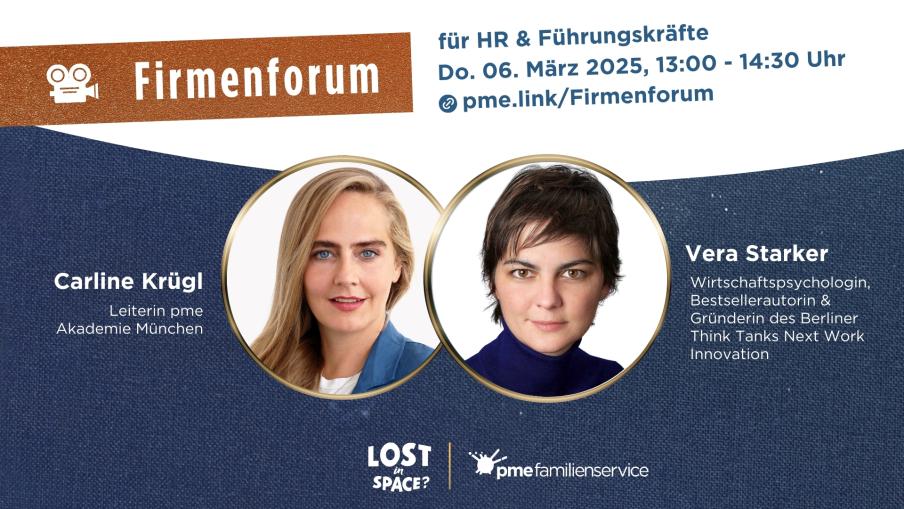
Communication in the partnership: Transactional analysis by Eric Berne
Arguing in a relationship is normal. But why do we so often misunderstand each other? Researcher Eric Berne discovered that we switch between three ego states. If you know these, you can avoid many an argument. Even in friendships.
Contents:
"Tobias, have you seen my pink blanket? My mother's?" asks Clara irritably. "No, I haven't! Why do you suspect me of having misplaced your things again?" Clara and Tobias actually wanted to spend a nice afternoon in the park. But the good mood is gone. And now neither Clara nor Tobias really want to spend the day with the other.
Does an argument like this sound familiar? Arguments and misunderstandings happen in the best relationships. However, if arguments like this happen more often, resentment quickly builds up and both sides think the other doesn't mean well. This is poison for a relationship.
How couples deal better with arguments: Transactional analysis
In couples counseling and therapy, therapists often work with a model from Eric Berne's transactional analysis. It shows how misunderstandings can arise between two people.
The Canadian psychologist discovered that we switch between three different states when communicating with others: our "parent ego", the "adult ego" and the "child ego".
Among other things, our choice of words, tone of voice, facial expressions and gestures reveal what state we are currently in. This means that we feel and behave differently in different situations and even think differently. Transactional analysis calls this combination of thinking, feeling and behavior an "ego state".
The 3 "ego states" of transactional analysis
Based on Sigmund Freud's theory, Eric Berne describes the three "ego states" in transactional analysis as follows:
"Parent ego"
In the parent ego, we think, feel and behave as an authority figure has done in our lives. In communication with our conversation partner, this manifests itself, for example, in us telling our counterpart what he or she should do or that we do not approve of his or her behavior - either critically or caringly.
Typical formulations in the "parent ego" are, for example:
- "How many times have I told you that ..."
- "Again?"
- "Can I help you?"
- "You should have listened to me!"
"Adult ego"
In the adult ego we behave maturely and assess the situation objectively and in a solution-oriented manner.
We are guided by facts and figures and communicate respectfully and rationally with our conversation partner. Even in disputes, the "adult ego" does not judge, but remains reflective and asks open questions or weighs things up.
Typical formulations in the "adult ego" are, for example:
- "I think we're misunderstanding each other right now. Let's take a breath and then say again exactly what's important to us."
- "I guess we have different points of view. How can we find a common denominator?"
- "What exactly was it about my statement that bothered you or annoyed you so much?"
- "I understand your point of view. Let's find a solution together."
"Child-me"
In the child self, on the other hand, we think, feel and act in the same way as we did when we were children.
Unfiltered, we act out our feelings and react in a disagreeable and defiant way, are offended or silly or react insecurely, shyly and conformist. Tantrums, rolling eyes and statements like "But I don't want to!" are typical of the child ego.
Typical formulations in the "child self" are, for example:
- "I'm sick of all this crap now!"
- "You can't tell me anything."
- "I'm just not good enough..."
- "That's unfair - you're always against me."
Ideally, two adults should talk on an adult level: reasonably and at eye level. Because then we listen carefully to the other person, evaluate their statements objectively and are better able to clear up misunderstandings.
However, if the dialog level shifts to one of the other two ego states, this can quickly lead to conflict-laden communication. Eric Berne refers to this as a transaction.
Communication needs to be practiced
However, the ego state from which we react and communicate usually happens unconsciously. Someone says something and we react to it.
If we are not in the state of our adult self, it can easily lead to an argument. As with our example couple Clara and Tobias. Her irritated tone of voice clearly shows Tobias that she is not only looking for the pink blanket, but is also insinuating that he is to blame for its disappearance. She is therefore communicating from her parental ego and criticizing his behaviour. Tobias, in turn, reacts angrily and insulted. His child self has gained the upper hand.
Fortunately, our states are not fixed. This means that we can practise influencing our actions and speech and allow our adult self to take precedence.
And so Tobias' answer to Clara's question could also look like this: "I didn't put the blanket away, but if you like, we can look for it together." This would give Clara time to think about whether her accusation was really fair. It probably wasn't. And she would probably apologize to Tobias. And the day in the park would also be saved - with or without the blanket.
First steps to get to the bottom of your ego states:
- Which of the three ego states could I most likely ascribe to myself?
- From which ego state do I react in which situation?
- What benefits could it have for me to become aware of my ego state - and to change it if necessary?
Try to take a step back from time to time and analyze a conversation situation with regard to the three ego states. This is a very good way of identifying established communication patterns between you and the person you are talking to.
For example, if you find yourself frequently patronizing your partner, this is already the first step towards positive change.

Communicate consciously: 3 tips from Katharina Döring, life coach
1. you messages always put the other person on the defensive
"You're late again!" You have to take such an attack personally. It's better to talk about your feelings - send "I messages": "I had to wait a long time for you today, even though we had an appointment. I feel angry and think you're late because I'm not that important to you."
2. avoid generalizations and you-phrases like "You never keep your promises!"
Formulate your criticism as a complaint for the specific case: "You promised to go to the movies with me today. That didn't work out and now I'm feeling angry."
3. stay in the present with your complaints
You should forgive yourself and your partner for oldsins as quickly as possible, otherwise they will poison your relationship in the long term. So don't bring up old arguments, but stay in the here and now.
Rainer Schmidt: Always talk to each other properly: transactional analysis at work and in everyday life (2009).
Gopal Norbert Klein: The Vagus Key to Trauma Healing: How "Honest Sharing" Regulates Our Nervous System (2002).





